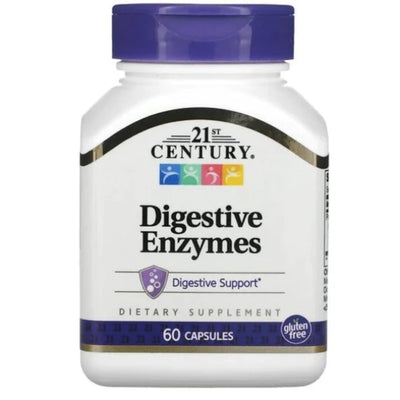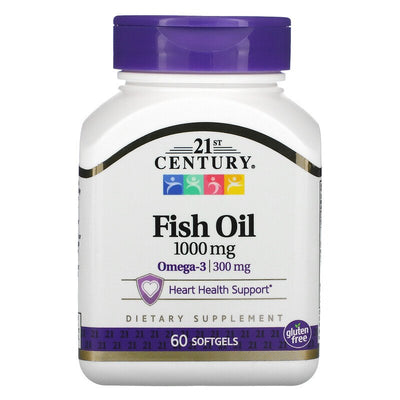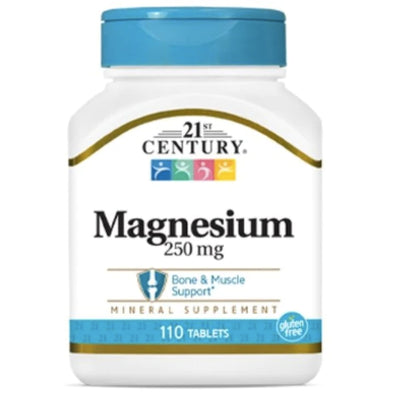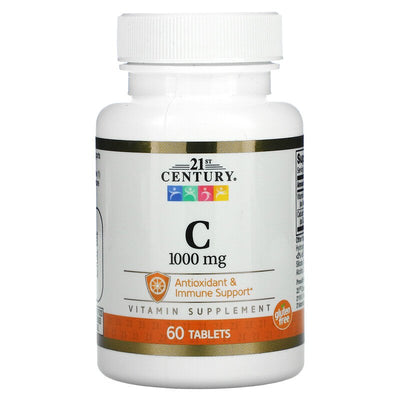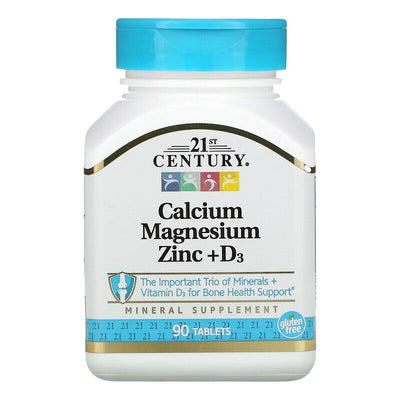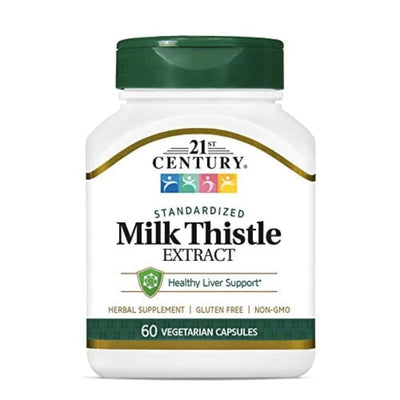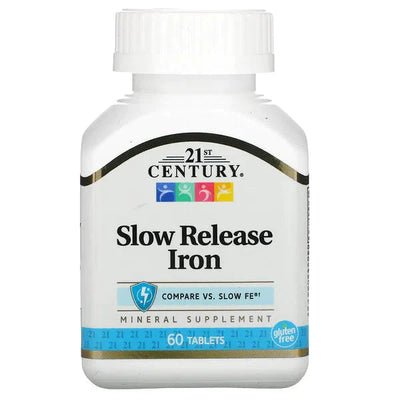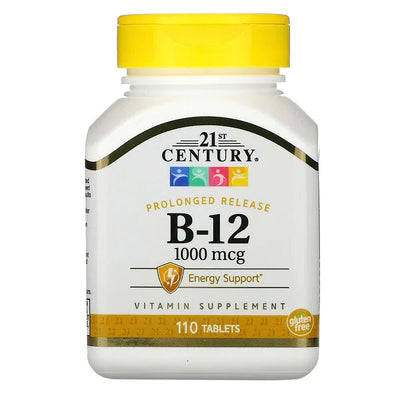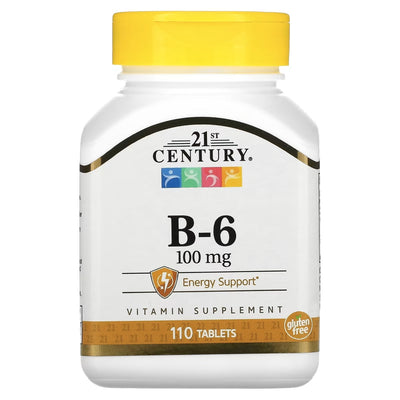
Protein and Weight Loss: How It Supports Fat Loss and Metabolism
The Role of Protein in Weight Loss
Protein has several properties that make it exceptionally beneficial for weight loss and metabolic regulation:
Increases Satiety and Reduces Appetite
Protein is more satiating than carbohydrates and fats, meaning it can help you feel full for longer. By enhancing the feeling of fullness, protein reduces overall calorie intake by curbing hunger and the desire to snack on high-calorie foods.
Boosts Metabolic Rate
Consuming protein can increase the number of calories you burn due to its high thermic effect. The thermic effect of food (TEF) is the energy required by the body to metabolize food, and protein has a higher TEF compared to carbs and fats. This means that eating protein can temporarily boost your metabolism, helping you burn more calories.
Promotes Muscle Maintenance During Weight Loss
During weight loss, there's a potential to lose muscle along with fat, especially if you're consuming too few calories. Protein consumption helps preserve muscle mass, even in a caloric deficit. Since muscle is metabolically active, maintaining muscle mass during weight loss can help sustain a higher metabolic rate.
How Much Protein Should You Eat for Weight Loss?
While the amount of protein needed can vary based on individual factors such as age, gender, activity level, and overall health, a good rule of thumb for weight loss purposes is to consume approximately 1.2 to 1.6 grams of protein per kilogram of body weight. This amount helps to ensure satiety, optimal fat loss, and maintenance of muscle mass.
Best Protein Sources for Weight Loss
Incorporating a variety of protein sources can help you achieve your weight loss goals while ensuring you receive all essential amino acids and other nutrients. Here are some excellent protein sources:
Animal-Based Proteins
- Chicken and Turkey: Lean sources of protein that are low in fat.
- Fish: Especially fatty types like salmon, which are high in protein and omega-3 fatty acids.
- Eggs: Offer high-quality protein along with essential nutrients.
- Dairy: Options like Greek yogurt, cottage cheese, and skim milk are excellent for protein with lower fat content.
Plant-Based Proteins
- Legumes: Beans, lentils, and chickpeas are great sources of protein and fiber.
- Nuts and Seeds: Almonds, chia seeds, and flaxseeds are not only protein-rich but also contain healthy fats.
- Whole Grains: Quinoa and oatmeal provide protein and complex carbohydrates.
Protein Supplements
For an easy and convenient boost, protein powders such as whey, casein, or plant-based blends can be an excellent addition to your diet. They can be particularly useful for meal replacements or snacks.
Practical Tips for Including More Protein in Your Diet
- Start the Day with Protein: Incorporate protein-rich foods into your breakfast to help control hunger throughout the day.
- Include Protein in Every Meal and Snack: Aim to have a source of protein every time you eat to maximize satiety and metabolic benefits.
- Choose Lean Protein Sources: Opt for lean cuts of meat and low-fat dairy options to keep calorie intake in check.
Conclusion
Protein is a powerful tool in the arsenal of weight loss, helping to boost metabolism, reduce appetite, and preserve lean muscle mass. By understanding how to effectively incorporate protein into your diet, you can enhance your ability to lose weight in a healthy and sustainable manner. Always consider consulting with a nutritionist or healthcare provider to tailor your dietary approach to your specific health needs and weight loss goals.







